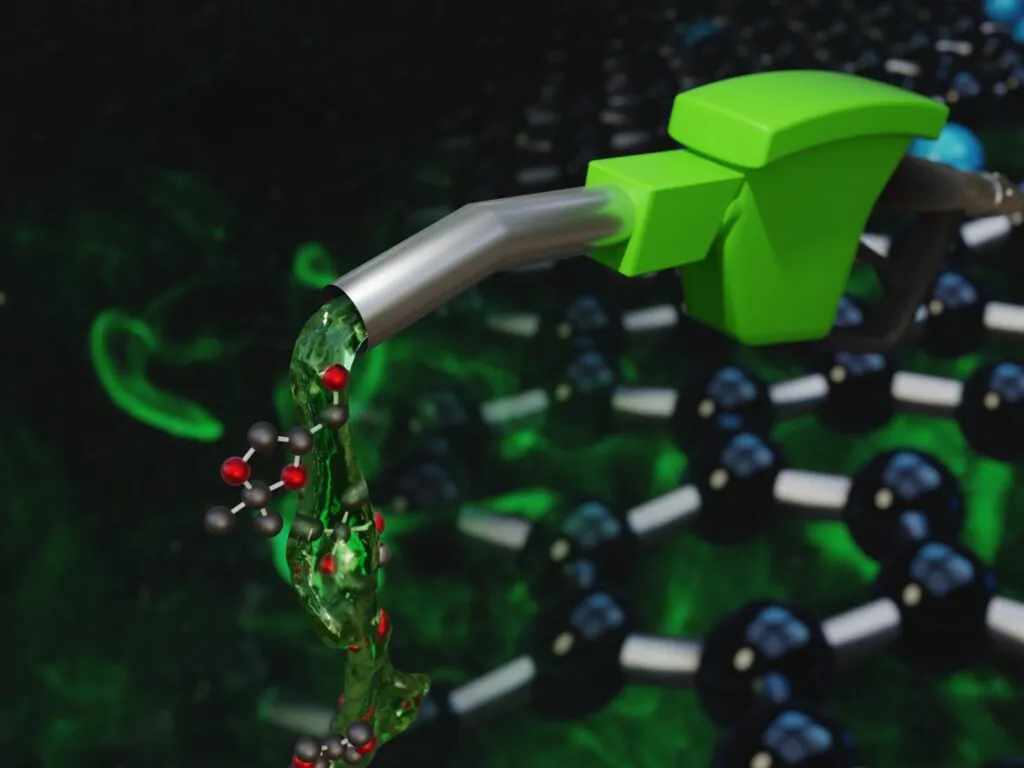In the heart of East Jakarta, a groundbreaking study is reshaping the way we think about fueling heavy machinery. Uhanto Uhanto, a researcher from the Graduate School of Renewable Energy at Darma Persada University, has been delving into the world of biodiesel, exploring its potential to revolutionize the energy sector. His work, recently published in ‘Next Energy’ (or ‘Energi Selanjutnya’ in Indonesian), is not just about reducing emissions; it’s about reimagining the future of heavy equipment operations.
Uhanto’s research focuses on the Komatsu HD785-7 dump truck, a workhorse in the mining and construction industries. The study, which tracked the performance of three HD785-7 units over a combined 103,000 hours of operation, is a testament to the potential of biodiesel blends. “We wanted to understand the real-world impact of biodiesel on engine durability and performance,” Uhanto explains. “The results are promising, not just for the environment, but also for the bottom line.”
The study found that biodiesel blends, ranging from B5 to B35, can reduce CO₂ emissions by up to 17% compared to traditional fossil fuels. But the benefits don’t stop at emissions. Uhanto’s research suggests that with the right maintenance strategies, biodiesel can enhance engine lifespan, a finding that could have significant commercial implications. “Heavy equipment operations do not significantly affect engine performance when using biodiesel,” Uhanto notes. “This could lead to substantial savings in maintenance and operational costs.”
The study also paves the way for predictive maintenance models, allowing operators to estimate engine durability based on usage patterns and biodiesel blends. This could be a game-changer for the energy sector, enabling companies to optimize their operations and reduce downtime.
But what does this mean for the future? As the world grapples with climate change, the need for sustainable energy solutions has never been greater. Uhanto’s research offers a glimpse into a future where heavy machinery, a significant contributor to global emissions, could be powered by cleaner, more sustainable fuels. It’s a future where environmental responsibility and commercial interests align, where reducing emissions doesn’t mean sacrificing performance or profitability.
As Uhanto puts it, “This is not just about reducing emissions. It’s about optimizing energy use and operational sustainability in high-demand environments.” And in doing so, it’s about shaping a future where heavy equipment operations are not just more sustainable, but also more efficient and cost-effective.
The research, published in ‘Next Energy’ (or ‘Energi Selanjutnya’), is a significant step forward in the energy transition. It’s a testament to the power of innovation and the potential of biodiesel to reshape the energy sector. And as the world continues to grapple with climate change, it’s a beacon of hope, a reminder that a sustainable future is not just possible, but within our reach.

